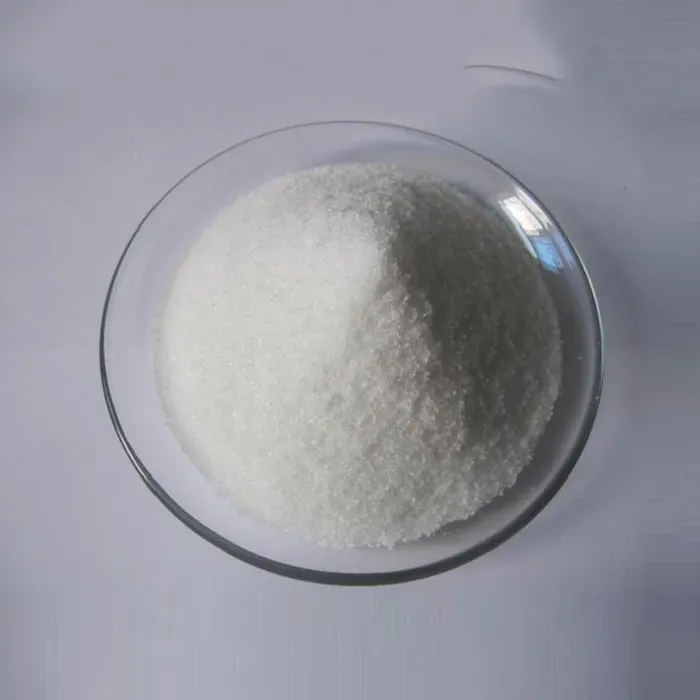The Role of PQQ-Dependent Enzymes in Biological Processes
Pyrroloquinoline quinone (PQQ) is a cofactor that has gained attention due to its pivotal role in various enzymatic reactions, particularly in those involving redox processes. As a redox cofactor, PQQ facilitates electron transfer, which is crucial for numerous metabolic pathways in microorganisms, plants, and animals. This article explores the significance of PQQ-dependent enzymes, their mechanisms of action, and their potential applications in biotechnology and medicine.
Overview of PQQ
PQQ is a small quinone molecule that was first identified as a cofactor for certain dehydrogenases in bacteria. It is essential for the proper functioning of several enzymes, collectively known as PQQ-dependent enzymes. These enzymes are involved in important biochemical reactions, including the oxidation of alcohols and carbohydrates, contributing to cellular respiration and energy production.
Mechanism of Action
PQQ-dependent enzymes typically catalyze oxidative reactions where electrons are transferred from a substrate to PQQ. This process often involves flavin-like and iron-containing proteins that aid in electron transfer. In contrast to many other cofactors, PQQ can undergo repeated cycles of reduction and oxidation, making it highly efficient for redox reactions. The ability of PQQ to stabilize radical intermediates is also a key feature, allowing these enzymes to catalyze reactions that might otherwise be energetically unfavorable.
One well-studied example of a PQQ-dependent enzyme is quinoprotein methanol dehydrogenase, found in methylotrophic bacteria. This enzyme oxidizes methanol to formaldehyde, with PQQ facilitating the transfer of electrons to the electron transport chain, where they are ultimately used to produce ATP, the energy currency of the cell.
Biological Importance
enzyme pqq

The biological significance of PQQ-dependent enzymes extends beyond energy production. In plants, PQQ plays a role in promoting growth and development. Research suggests that PQQ may also function as an antioxidant, protecting cells from oxidative stress. This property has raised interest in the potential of PQQ as a dietary supplement. Some studies have shown that PQQ can enhance mitochondrial function and promote nerve growth factor synthesis, suggesting possible neuroprotective benefits.
Further, PQQ's role in cellular signaling and gene expression regulation has begun to unravel its importance in health and disease. Understanding how PQQ influences various biological processes could lead to novel therapeutic strategies for conditions such as neurodegenerative diseases and metabolic disorders.
Applications in Biotechnology
The unique properties of PQQ-dependent enzymes make them valuable in biotechnology. Their ability to catalyze challenging reactions at mild temperatures and in aqueous environments opens new avenues for biocatalysis in industrial applications. For instance, PQQ-dependent dehydrogenases are being explored for use in biosensors, which can detect specific compounds in environmental and clinical samples.
Moreover, the application of PQQ in the food industry has garnered attention. As an additive, PQQ can enhance the shelf life and nutritional quality of certain products, highlighting its potential in improving food safety and health benefits.
Conclusion
PQQ and its dependent enzymes represent a fascinating area of research with implications across various fields of science and industry. From their fundamental roles in microbial metabolism to potential applications in health and biotechnology, PQQ-dependent enzymes offer a rich tapestry of biological and practical significance. Continued exploration of PQQ's multifaceted roles may pave the way for innovative solutions in health care, agriculture, and environmental sustainability, ultimately contributing to a better understanding of life's biochemical processes.

